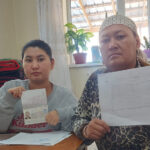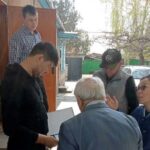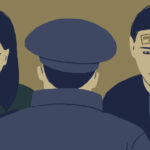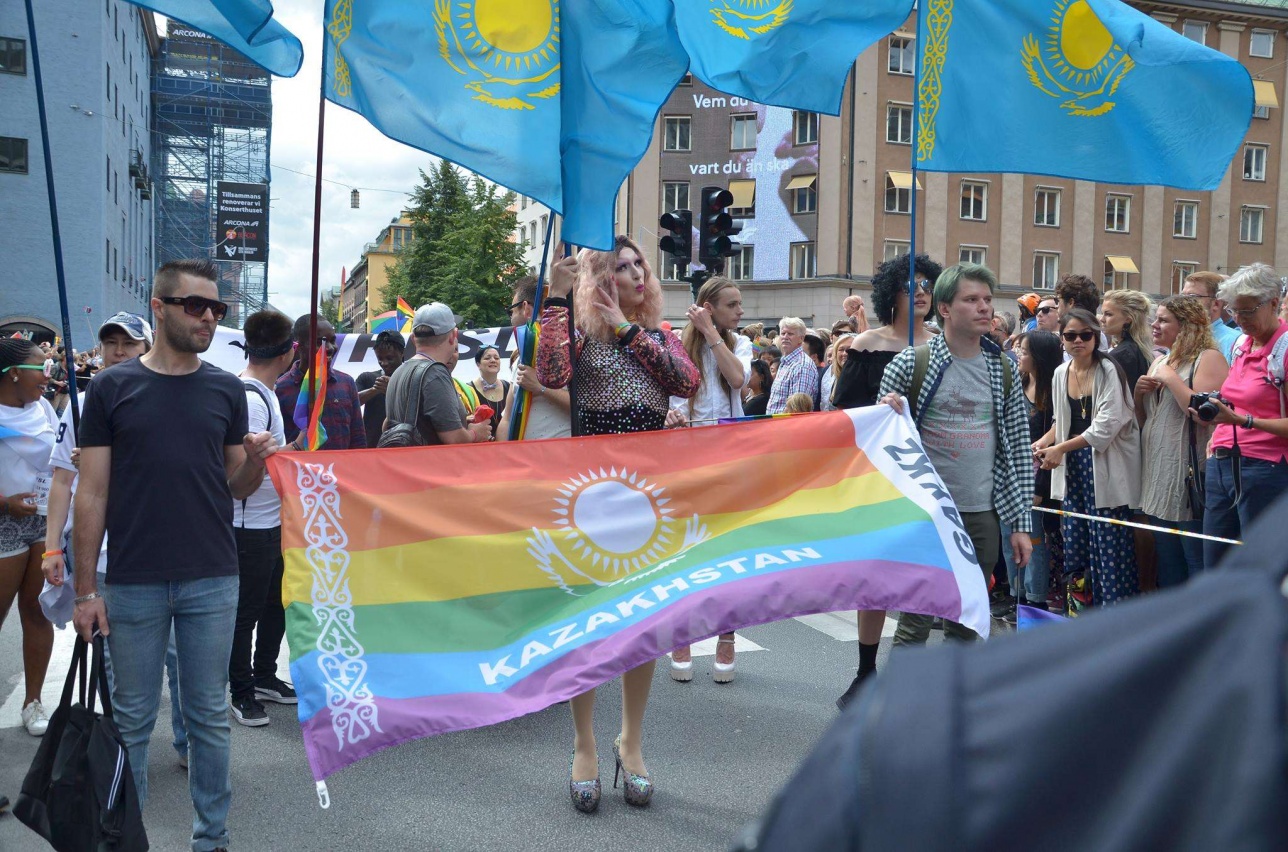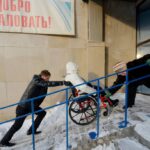NEW YORK (December 14, 2012)—Commemorating the first anniversary of the Zhanaozen killings, the Human Rights Foundation (HRF) submitted a letter today to the president of the Republic of Kazakhstan, Nursultan Nazarbayev, requesting that he release opposition leader Vladimir Kozlov and stop the government’s most recent crackdown on the independent media. One year ago, during what is widely referred to as the “Zhanaozen Massacre,” at least 15 oil workers were murdered at the hands of police in a violent ending to a seven-month workers’ strike.
HRF’s letter also calls on President Nazarbayev to investigate credible allegations of torture and finds that by failing to exclude evidence obtained by means of torture in the 37 oil workers’ trials that ensued,
“The Zhanaozen Massacre marks the starting point of the most recent wave of serious human rights violations by President Nazarbayev’s 20-year-old authoritarian government,” said HRF president, Thor Halvorssen. “Although he did prosecute five police officers involved in the killings and a couple of his cronies in Zhanaozen, Nazarbayev has used the massacre as the perfect opportunity to make sweeping blows against an already ‘illegal’ opposition and what little remains of the independent media in Kazakhstan,” concluded Halvorssen.
HRF’s letter notes that the government of
On January 26, 2012, Vladimir Kozlov, leader of the unregistered opposition party “Alga!,” was detained and later charged with the crimes of “incitement of social enmity” (Article 164, Kazakhstan’s Criminal Code) for distributing literature to the oil workers “promoting social discord” and “exhortations” for the forcible overthrow of the government (Article 170, KCC). On October 8, he was found guilty and sentenced to seven and a half years in prison—a decision confirmed on appeal on November 19.
Two days later, on November 21, Kazakhstan’s attorney general’s office announced that it had asked an Almaty court for a sweeping ban against eight newspapers and 23 websites, including the Respublika newspaper and associated outlets; Vzglyad newspaper; the K+ satellite TV channel; and the Internet TV station Stan TV. The request for the ban was based on Article 13 and Article 2(3) of Kazakhstan’s Law on Mass Media, which calls for the “suspension and termination of broadcasting” when mass media is used for “propaganda or agitation of forced change of [the] constitution[al] order”—all in connection with the media coverage of the Zhanaozen Massacre.
“Nazarbayev’s
HRF’s letter determines that these actions violate Article 19 of the International Covenant on Civil and Political Rights, which
HRF protects and promotes human rights. HRF believes that all human beings are entitled to freedom of self-determination, freedom from tyranny, the rights to speak freely, to associate with those of like mind, and to leave and enter their countries. Individuals in a free society must be accorded equal treatment and due process under law, and must have the opportunity to participate in the governments of their countries; HRF’s ideals likewise find expression in the conviction that all human beings have the right to be free from arbitrary detainment or exile and from interference and coercion in matters of conscience. HRF does not support nor condone violence. HRF’s International Council is chaired by pro-democracy activist Garry Kasparov, and includes former prisoners of conscience George Ayittey, Vladimir Bukovsky, Palden Gyatso, Mutabar Tadjibaeva, Ramón J. Velásquez, Elie Wiesel, and Harry Wu.
The Human Rights Foundation (HRF) is a nonpartisan organization devoted to defending human rights globally, with an expertise in the
The Human Rights Foundation was incorporated in 2005, and opened its offices in
Contact: Pedro Pizano, pedro@thehrf.org, 212-246-8486
SOURCE:
Human Rights Foundation


